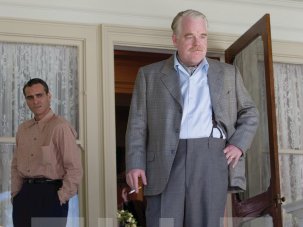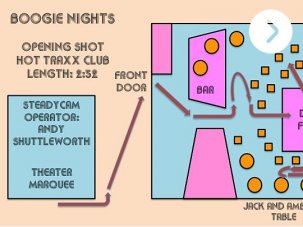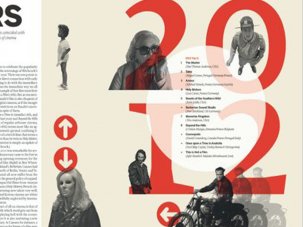Web exclusive
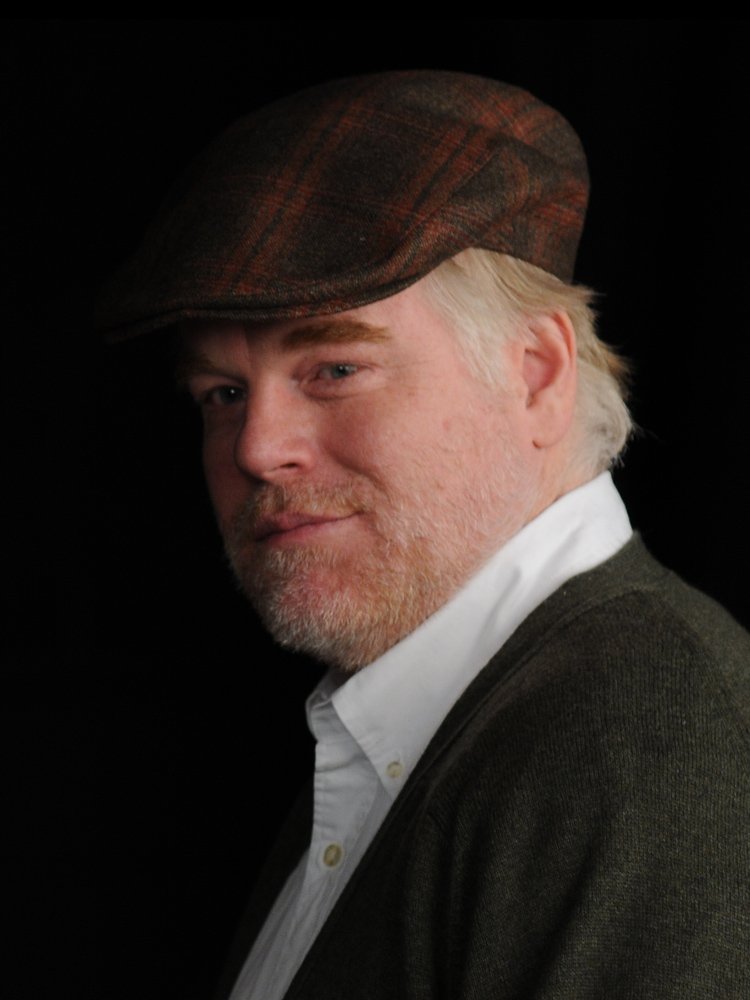
A relentlessly revivifying explorer: Philip Seymour Hoffman in A Late Quartet (2012)
Beyond the pull of nostalgia, how the films we recall sit amongst our memories of real events is a matter of some mystery.
Why, for instance, do I feel as if I saw Twister (1996) relatively recently when 18 years have passed since? Twister was a forgettable feature but you couldn’t fail to notice the actor playing Dustin Davis, that gabbling, chubby quasi-hippy for whom vortexes of wind were, so to speak, a blast.
If Hoffman was, even then, somehow familiar to me it was probably because I remembered the snotty, vicious rich-kid villain in the preposterous Al Pacino vehicle Scent of a Woman (1992). That film sticks in my mind because I saw it in the morning on the day that the London listings magazine City Limits, where I had my first film-critic job, finally closed down.
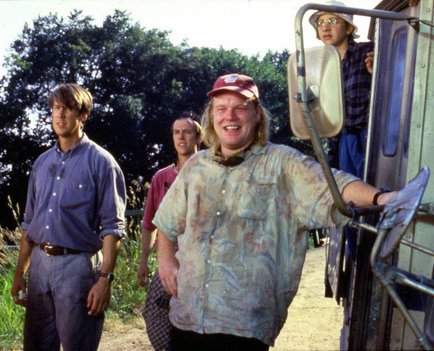
Twister (1996)
That was 22 years ago. The gap between my personal discovery of this great actor and this commemoration of a career spanning more than 50 film performances feels telescoped, anyway, because 46 is a horribly young age at which to die. Yet Hoffman still feels like a fresh talent, a relentlessly revivifying explorer of his craft. For a long time he was in nearly everything from the US that was any good.
Though Hoffman was best known for the rawness of his performances, he was as gifted a technical actor as he was at dredging up emotion. Each new incarnation of him came as either a shock or a twist. Scotty, his porn-industry boom operator in Boogie Nights (1997), was the first self-abnegating turn of many to come, each one vastly different to the last. That was probably also the first really dazzling film he appeared in (though the previous year’s Hard Eight came close). His hopelessly-in-love come-on to Dirk Diggler, made while drunk and showing off his new Corvette, had a killing pathos to it that seemed to define that film’s milieu.
If his flawless smartass role in The Big Lebowski (1998) led us to think of him seamlessly sliding into the back seat to drive movies from there, we were in for an immediate reappraisal. In Todd Solonz’s Happiness (1998) he cut a slumped, repellent and self-detesting figure as a sex pest who makes obscene phone calls to his chic and beautiful writer neighbour without her knowing it’s him – and utterly dominated the film.
It was in this gobsmackingly rebarbative role that I first noticed a trademark expression: Hoffman’s protracted, agonised wince. His face would crumple halfway to tears, he would half-bare a couple of teeth, scrunch his eyes, and blink those fair eyelashes, making a collage of white-blond hair, reddened skin, displaced eyeglasses and snot. It’s as if the anguish he’s feeling is insupportable. Nobody did the tragic juxtaposition of shy and hurt facial gestures better.
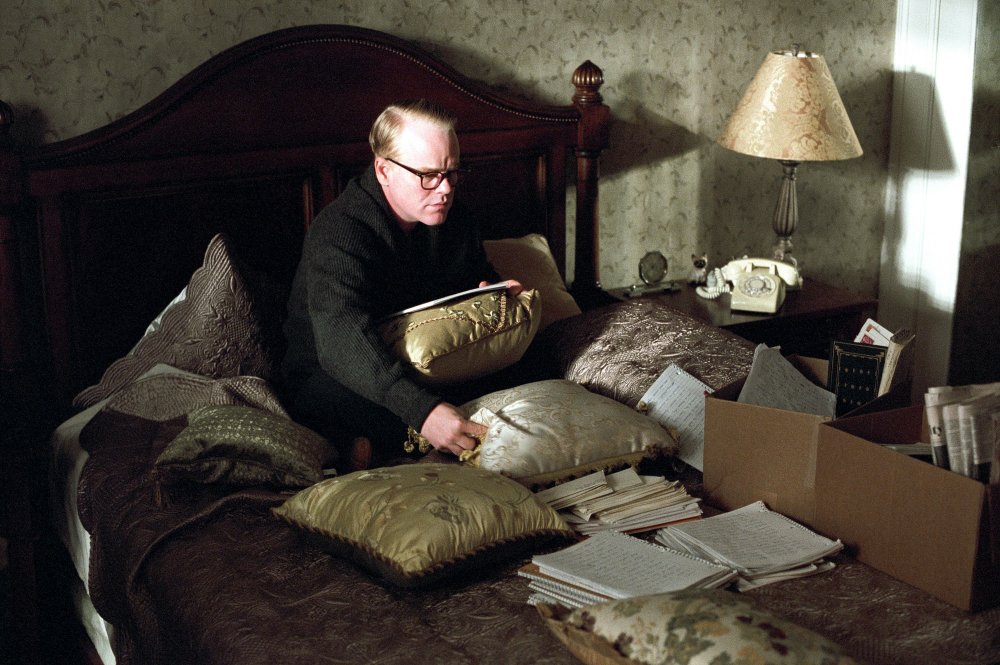
Capote (2005)
In Magnolia (1999), his infinitely caring, super-sensitive male nurse is as in control of his employer’s deathbed as the visiting relatives are out of control in their lives.
The Talented Mr. Ripley (1999) saw him employ his intellectual capacity at full wattage. Believing correctly that Ripley (Matt Damon) has taken Dickie Greenleaf (Jude Law) for some kind of ride, his Freddie Miles demolishes Ripley’s pretentions, stealing the picture with a tour-de-force of WASP derision for the low-born.
By contrast, his graceful Lester Bangs in Almost Famous (2000), though spot-on for the movie, was rather generous considering how negative Bangs could be in real life.
Punch-drunk Love (2002) saw him come across for the first time as aggressive and physically dangerous. He was simultaneously creepy and sympathetic as the schoolteacher dealing with a crush on his pupil Mary (Anna Paquin) in Spike Lee’s 25th Hour (2002).
His finest impersonation of a real-life figure was Capote (2005), where he vanished completely into the famously partial backbiting author and socialite, thereby winning the Best Actor Oscar. This was the first of his trio of greatest roles.
I’m no worshipper of Synecdoche, New York (2008), feeling that its brilliant self-reflexive idea of a realist world entirely out of a theatre director’s head outstripped the capacity of the film to encompass it. But Hoffman made the central role of the lost creator as child with a toy train set more than convincing.
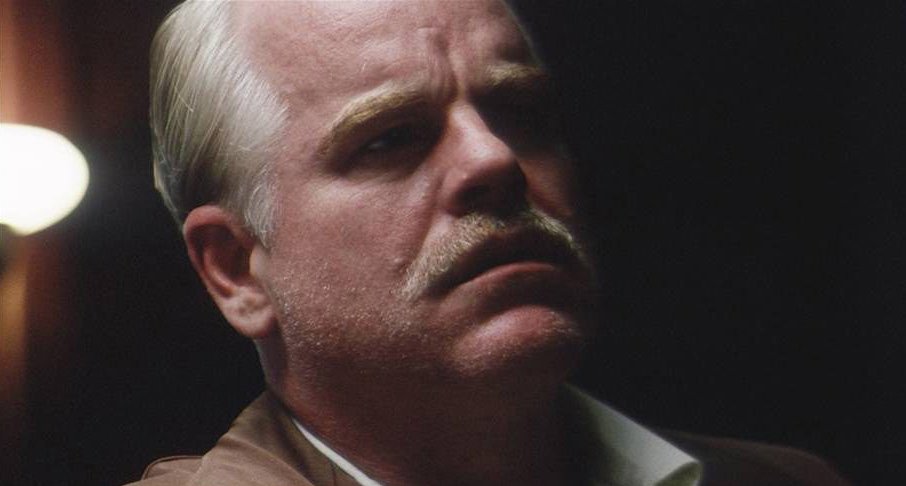
The Master (2012). How many astonishing varieties of expression will we miss in the future?
And then there’s that strangely unsuccesful film The Master (2012). Here again was an entirely new Hoffman of utter command and bogus intimacy switching on occasion to shuddering weakness, a performance that draws on Welles, for sure, but outdoes him in terms of persuasive bullying. Welles, famously, could only ever play the king roles; Hoffman could play the king, the usurper or the fool with equal conviction.
You get used to great actors. They become part of the furniture of what you want and expect for a great movie. If to watch Hoffman swaggering about in Charlie Wilson’s War (2007) or milking the falling-apart fuck up in Before the Devil Knows You’re Dead (2007) for his spectacular loathsomeness was merely what Hoffman gave us to expect was the minimum he could do, his brilliant, nuanced, ever-envious second violin in that superb actors’ study A Late Quartet (2012) showed us exactly how many astonishing varieties of expression we will miss in future. He showed so much vulnerability on screen that he made you feel somehow responsible for what you were watching. Only the very best performers can do that.
-
The Digital Edition and Archive quick link
Log in here to your digital edition and archive subscription, take a look at the packages on offer and buy a subscription.




